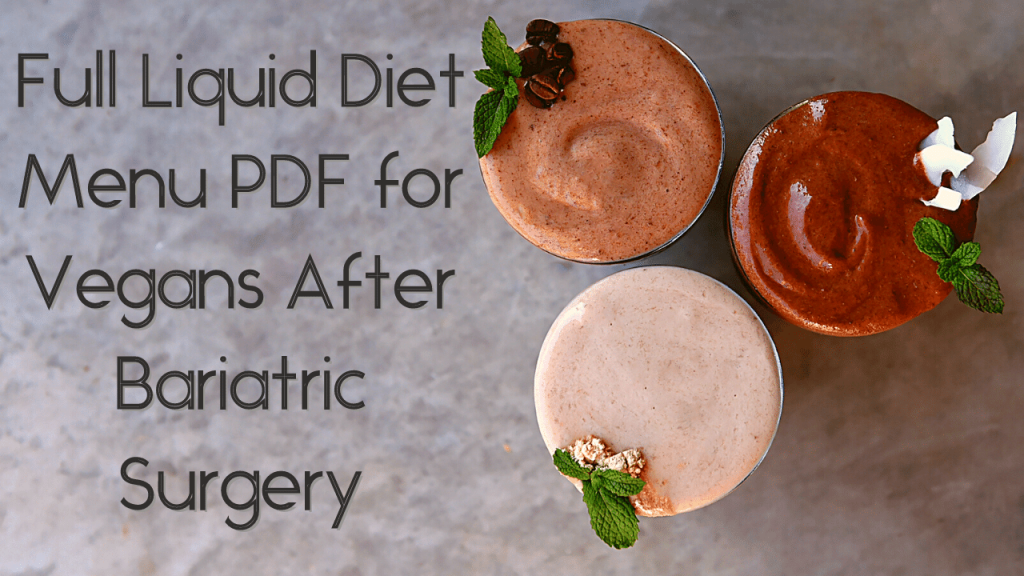How to Properly Clean Your Dishwasher with Vinegar in 2025

Apply Now


How to Effectively Clean Your Dishwasher with Vinegar
Cleaning your dishwasher might not be at the top of your household maintenance list, but it's essential for keeping your appliance functioning efficiently and odor-free. With simple ingredients like vinegar, you can easily maintain your dishwasher's hygiene and extend its lifespan. Vinegar is an eco-friendly cleaning agent that eliminates odors, removes buildup, and disinfects surfaces. In this article, we will explore the process of cleaning your dishwasher with vinegar, demonstrating effective methods and maintenance tips that ensure optimal performance. By utilizing vinegar in your cleaning routine, you can ensure your dishes come out sparkling clean every time. The benefits of regular maintenance include preventing mold, removing mineral buildup, and ensuring your dishwasher runs smoothly, which ultimately leads to cost savings on repairs and replacements. Ready to learn the best practices for cleaning your dishwasher? Let’s dive into the vinegar dishwasher cleaning process!Understanding the Benefits of Using Vinegar for Dishwasher Cleaning
Using vinegar for dishwasher cleaning not only enhances your appliance's performance but also contributes to overall kitchen hygiene. One of the main advantages of vinegar is its antibacterial properties, which help to disinfect surfaces and eliminate harmful bacteria. Additionally, it works wonders in removing mineral deposits and food residue that can build up over time. Vinegar also serves as a natural deodorizer. Regularly using vinegar in your dishwasher maintenance routine can significantly reduce unpleasant odors that may develop due to trapped food particles or stagnant water. The eco-friendly nature of vinegar means you avoid harsh chemicals typically found in commercial cleaning products, making it a safer choice for your household. Moreover, using vinegar helps save money. Homemade vinegar cleaning solutions are convenient and cost-effective compared to purchasing specialized cleaners. Integrating vinegar into your cleaning regimen not only promotes a cleaner appliance but also fosters a more sustainable home environment. With these benefits in mind, let’s proceed to the cleaning process and techniques that harness the power of vinegar.Step-by-Step Guide to Clean Your Dishwasher with Vinegar
When it comes to cleaning your dishwasher with vinegar, a systematic approach ensures comprehensive cleanings, such as disinfecting the appliance, removing odors, and maintaining hygiene. Follow this step-by-step guidance to achieve a sparkling clean dishwasher.Step 1: Prepare the Dishwasher for Cleaning
Before diving into the cleaning process, remove any items from your dishwasher, including utensils or dishes. Check the filter for debris and clean it if necessary to ensure optimal performance. This basic maintenance task is vital as it helps prevent clogs and ensures your dishwasher operates efficiently.Step 2: Add Vinegar to the Dishwasher
To begin the cleaning process, pour a cup of white vinegar into a dishwasher-safe bowl or measuring cup. Place this vessel on the top rack of your empty dishwasher. Vinegar will break down accumulated grease and grime, neutralizing odors effectively.Step 3: Run a Hot Water Cycle
Select the hottest water setting on your dishwasher and run a complete cycle with vinegar. This action helps to dissolve residues while sanitizing the interior of the appliance. The steam from the hot water combined with vinegar works actively to reduce bacteria and odors within the dishwasher.Step 4: Clean the Dishwasher Interior and Parts
While the dishwasher is running, take the time to clean its interior surfaces, including seals, door, and spray arms. Utilize a clean cloth or sponge soaked in a vinegar solution (water mixed with vinegar) to wipe down these areas thoroughly. For stubborn spots, a baking soda and vinegar paste can effectively tackle grime buildup.Step 5: Rinse and Finish Your Cleaning
Once the vinegar cycle is complete, run an additional rinse cycle without any cleaning products. This step ensures that vinegar residues are fully removed and prevents any lingering odors. At this point, you're also ensuring your dishwasher is ready for its next load. The vinegar cleaning tips and techniques shared so far not only maintain hygiene but also enhance the appliance's efficiency. Let’s explore additional maintenance practices to keep your dishwasher running smoothly.Regular Maintenance Tips for Your Dishwasher
Maintaining your dishwasher is crucial to maximizing its lifespan and ensuring optimal cleanings. Incorporating vinegar into your dishwasher cleaning routine is an effective maintenance strategy that can prevent troublesome odors and improve appliance functionality.Use a Vinegar Rinse Cycle Monthly
To keep your dishwasher in peak condition, running a vinegar rinse cycle at least once a month is advisable. This practice helps maintain the cleanliness of your appliance by preventing mineral build-up and unpleasant odors from developing.Incorporate Baking Soda for Deep Cleaning
For an extra cleaning boost, utilize baking soda alongside vinegar. After running a vinegar cycle, sprinkle a cup of baking soda on the bottom of your dishwasher and run another hot water cycle. Baking soda further deodorizes your dishwasher and eliminates stains effectively.Inspect and Clean Dishwasher Parts Regularly
Regularly inspect your dishwasher for signs of wear or parts that require cleaning, such as filters and spray arms. Ensuring these components are free from grime allows for better performance and longevity of your appliance.Follow a Dishwasher Cleaning Schedule
Establishing a routine for appliance upkeep can save time and effort in the long run. Set reminders to clean your dishwasher once a month using vinegar and consider doing more comprehensive cleanings every three to six months. By adopting these simple dishwasher maintenance tips, you can effectively prolong the life of your appliance while ensuring your dishes are always adequately sanitized and odor-free.How Vinegar Helps Prevent Odors in Your Dishwasher
One of the most common issues dishwasher owners face is unpleasant odors. Thankfully, vinegar acts as a powerful agent that neutralizes odors, leaving your dishwasher smelling fresh and clean.Understanding Odor Sources in Dishwashers
Typically, unpleasant odors in dishwashers stem from food particles, stagnant water, and mold growth. If not addressed promptly, these odors can transfer to your clean dishes, creating an unsatisfactory washing experience.Effective Ways to Remove Odors with Vinegar
Vinegar eliminates odor-causing bacteria while leaving a fresh scent. Adding a cup of vinegar during your regular cleaning cycle effectively helps mitigate lingering odors, ensuring your dishwasher remains free of musty smells.Combining Vinegar with Other Natural Odor Fighters
For optimal odor elimination, you can also include other natural ingredients such as lemon juice or essential oils in your wash. Mixing vinegar with lemon juice creates a potent solution that not only fights odors but also leaves a pleasant citrus scent. By understanding how vinegar combats odors effectively, you can enjoy a cleaner dishwasher that enhances your overall kitchen hygiene. Let’s wrap up with a quick Q&A session covering common questions related to vinegar dishwasher cleaning.Q&A: Common Questions About Cleaning Your Dishwasher with Vinegar
Q: How often should I clean my dishwasher with vinegar?
A: It is recommended to clean your dishwasher with vinegar at least once a month to maintain optimal performance and eliminate odors.Q: Can I use vinegar with baking soda?
A: Yes! Combining vinegar and baking soda offers an excellent deep cleaning treatment for your dishwasher. Run a vinegar cycle followed by a baking soda rinse for optimal results.Q: Does using vinegar damage dishwasher components?
A: No, vinegar is a safe and effective natural cleaner that does not damage most dishwasher components when used appropriately.Q: What if my dishwasher still smells after using vinegar?
A: If odors persist, check for trapped food particles, clean the filter, and consider running a second vinegar cycle or using additional odor-fighting ingredients like lemon juice.Q: Are there alternatives to vinegar for cleaning my dishwasher?
A: While vinegar is highly effective, you can also explore solutions that include citric acid, baking soda, or commercial eco-friendly dishwasher cleaners for added benefits. By implementing these practical tips and understanding how to clean a dishwasher with vinegar, you will maintain your appliance’s efficiency while ensuring your kitchen remains a hygiene-focused environment. For further tips on kitchen appliance maintenance, feel free to explore additional resources!
